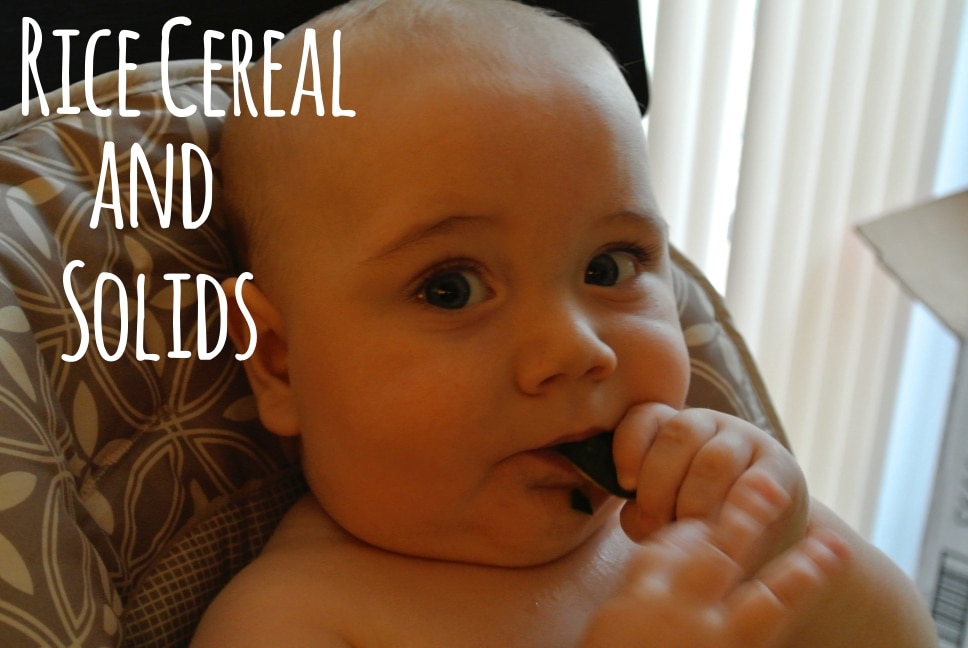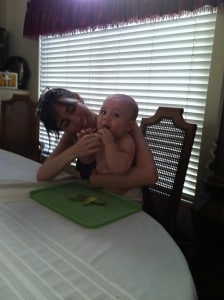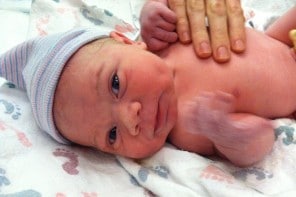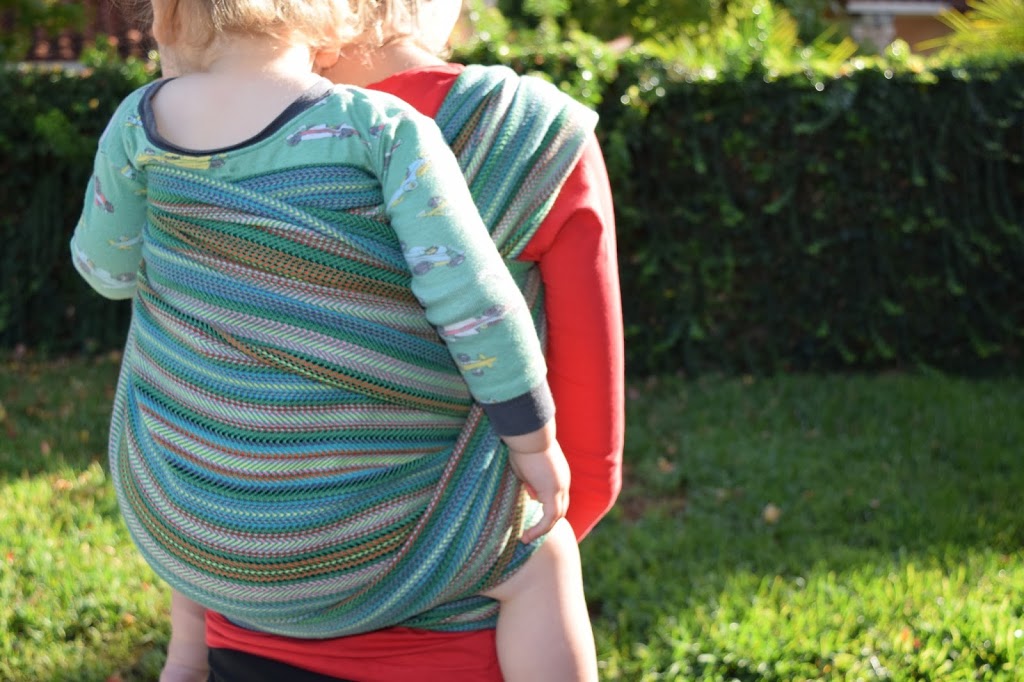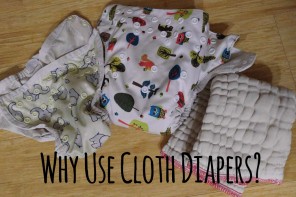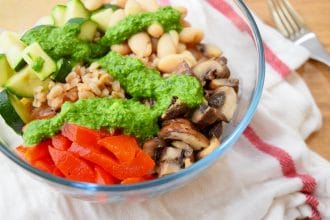I’m a member on one of those “birth club” blogs (epic entertainment and drama) and it’s interesting seeing the trends in posts. Mid-pregnancy, it was all of the gender and baby kicks posts, then towards March it was “how do I get this giant baby out” threads, and lately, it’s been all about rice cereal. A lot of people are really confused about if and when they should give their baby cereal because of all the conflicting advice. Like all other baby-rearing advice, a ton has changed over the years.
Giving babies pureed/mashed/liquified food is historically and culturally common. Grains and starches are the center of every large society’s diet (and have been since the agricultural revolution) so it’s no surprise that these nutritious foods are often a baby’s first.
Starting with the rise of scientific thinking in the late 1800’s and early 1900’s, lab produced foods and doctor recommendations gained steam. Infant formula was an important outcome as many scientists began exploring “better” ways to feed people. But advice on infant weaning was scattered and while some infants were exclusively breastfed until 6 months to a year, others were given solid food at just a few weeks old.
By the mid 1900’s, companies were aggressively advertising for commercially made baby foods and cereals, highlighting “convenience” (TV dinners and other convenience foods were also big). It was even recommended to give up formula or breastfeeding by 6 months in favor of cow’s milk and baby food. Armed with no scientific evidence, baby food companies pushed rice cereal as the perfect first food for baby.
The 1950’s were also a time when doctor’s recommended giving solid food as young as 3 weeks because it was viewed as a milestone. This continued to be common well into the 70’s, with most infants being given cereal and pureed foods starting at 3 or 4 weeks.
As giving baby bottles was popular and accepted, particularly 60 years ago, so was the notion of putting cereal in the bottles. The opinions on this were that baby would sleep better, gain weight, and be more satisfied. In fact, my mother in law told me that she put cereal in my husbands bottle as a baby because “he wasn’t satisfied”. This was pretty common even until recently. However, this was often dangerous, as babies inhaled the cereal which cause respiratory issues.
It has been a common belief that breastmilk was an inadequate source of nutrition by 6 months, a misconception that has since been disproven. Starting in the 1980’s, pediatric committees in the US pushed the age to between 3 and 4 months as a good age to start solids. Eventually, with TONS of studies coming out on infant weaning, the recommendation in 2003 was to exclusively breast or formula feed until 6 months. So why the wait?
Infant’s digestive system is still developing well into their first six months and do not tolerate solid foods well. In fact, infants that were given solids before 6 months were twice as likely to have tummy upsets and have to see a GI specialist. It also leads to higher body fat, respiratory problems, and allergies. However, there is still lots of dispute over the “perfect” age to start solids because, in all honesty, every baby is different. Doctors generally seem to agree between 4 and 6 months as the right time.
So what to start with? Rice cereal? Jarred baby food?
Jarred baby food is a convenience food. Like grown up convenience foods, they are processed and not really nutritious. Particularly in the past, they were often laced with sugar and salt to make them more appealing.
Rice cereal is pretty nutritionally void as well. It is a simple carbohydrate, so it’s the equivalent of giving a baby table sugar. Sure, it has added nutrients like iron, but those nutrients are not absorbed well, especially because a baby’s gut is still developing. In fact, a baby cannot absorb iron if breastmilk is mixed with solid food in the small intestine. It’s also getting to be controversial lately because it is being connected to obesity and poor eating habits later in life. Although the American diet in general causes obesity, it does make sense. Getting a child used to simple carbohydrates like rice cereal could set them up for having a taste for such foods later on. It also messes with an infants own hunger-fullness cues. They take in way too many calories which in turn sets them up for overeating.
Yes, rice cereal for babies is easily digested, mushy enough to avoid choking, and is not an allergenic food. This is where many people jump on the cereal wagon. However, it is becoming clear in recent years, as we watch our waistlines expand, that starting baby on something that turn into sugar in the body probably is not the best idea. Plus, why start baby on the blandest thing possible?
It seems to be common sense to give baby different textures and flavors so that their taste palette is used to them. What we give our kids to eat when they are young is what they will crave when they are older and want “comfort food”. When I am having a rough day, I crave my mom’s grilled cheese or homemade pasta sauce because my own tastes developed from these. So mush up the peas! Blend that spinach! Chop up zucchini spears! It’s way cheaper to make your own baby food, whether you feed with purees or practice baby led weaning. Food should be fun anyways, not bland and mushy.

